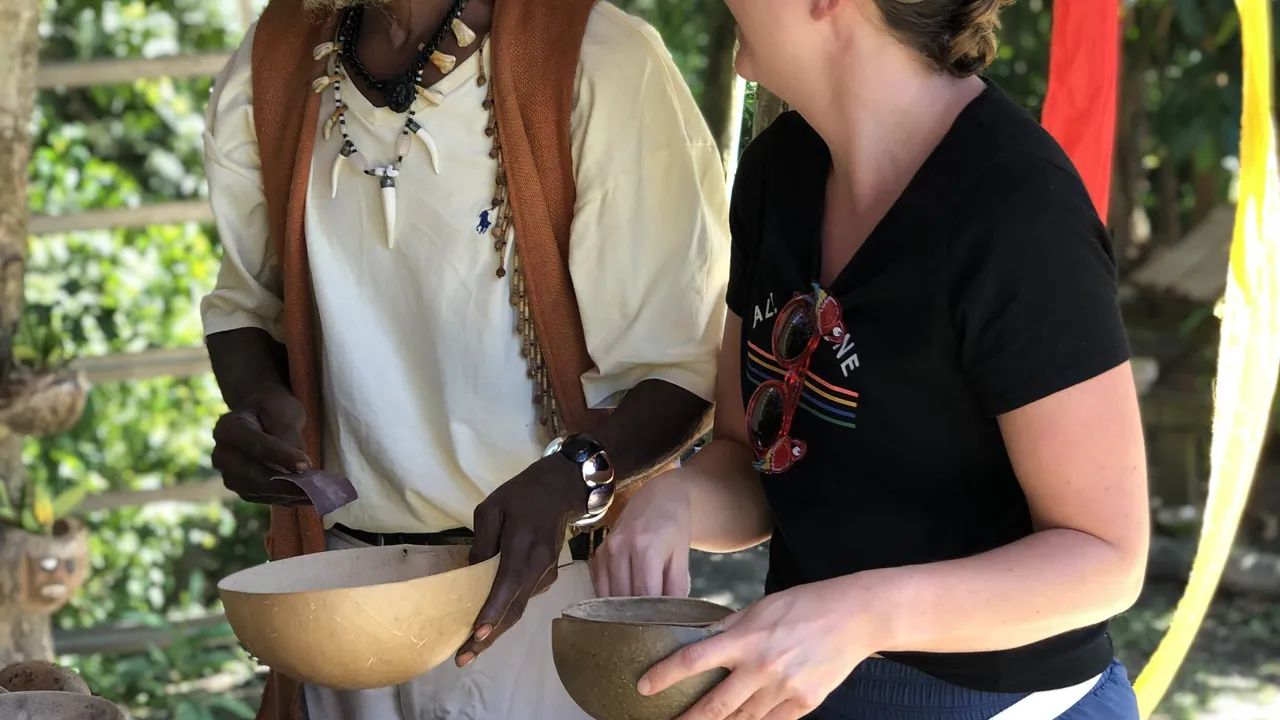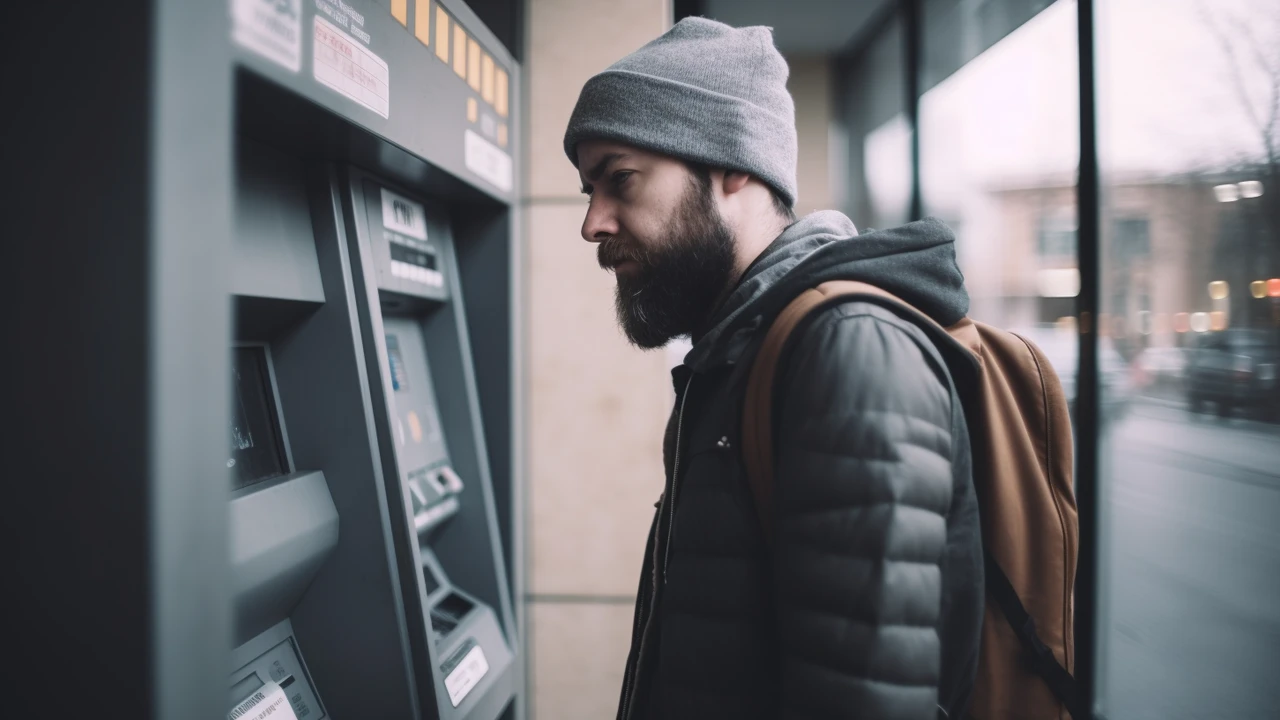Staying Healthy Traveling
Prioritize your health and well-being while traveling. This guide provides essential tips for staying healthy, including vaccinations, hygiene practices, and healthy eating habits. Maintain your well-being on the road.

Essential Vaccinations for Travelers Your Health First
Okay, let's talk shots. Before you even think about packing your bags, get yourself to a travel clinic or your doctor. They'll know what nasties are lurking in Southeast Asia and what you need to protect yourself. We're talking about things like:
- Hepatitis A and B: These are transmitted through contaminated food and water or bodily fluids. Definitely worth getting protected.
- Typhoid: Another one from contaminated food and water. If you're planning on eating street food (and who isn't?), get this one.
- Japanese Encephalitis: Transmitted by mosquitoes, this is a big one in rural areas. If you're heading off the beaten path, talk to your doctor.
- Malaria: This is a mosquito-borne disease that can be deadly. Depending on where you're going, you might need to take preventative medication. Talk to your doctor about the best option for you.
- Yellow Fever: Required for some countries if you're traveling from areas with Yellow Fever. Check the requirements for your specific destinations.
Don't leave this until the last minute! Some vaccines require multiple doses spaced out over time, so plan ahead. And make sure you have your vaccination record with you when you travel. It's also a good idea to research any current outbreaks or health alerts for the areas you'll be visiting.
Hygiene Practices for Digital Nomads Staying Clean on the Go
Staying clean can be a challenge when you're on the road, especially in countries where hygiene standards might be different from what you're used to. Here's how to stay fresh:
- Wash your hands: This is the most important thing you can do to prevent the spread of germs. Wash your hands frequently with soap and water, especially before eating and after using the restroom. If soap and water aren't available, use hand sanitizer with at least 60% alcohol.
- Drink bottled water: Avoid drinking tap water, as it may be contaminated. Stick to bottled water or use a water filter.
- Be careful with food: Eat at reputable restaurants and avoid street food that looks questionable. Make sure your food is cooked thoroughly and served hot.
- Use insect repellent: Mosquitoes and other insects can transmit diseases. Use insect repellent with DEET to protect yourself.
- Protect yourself from the sun: Wear sunscreen with a high SPF, even on cloudy days. Wear a hat and sunglasses to protect yourself from the sun's rays.
- Practice good personal hygiene: Shower regularly and wear clean clothes. Wash your clothes frequently, especially if you're sweating a lot.
Healthy Eating Habits While Traveling Maintaining Your Diet
Eating healthy while traveling can be tough, especially when you're surrounded by delicious but often unhealthy food. Here are some tips for maintaining a healthy diet on the road:
- Plan your meals: Before you go out, decide what you're going to eat and stick to your plan. This will help you avoid making impulsive decisions.
- Choose healthy options: Look for meals that are high in protein, fiber, and healthy fats. Avoid processed foods, sugary drinks, and excessive amounts of unhealthy fats.
- Eat plenty of fruits and vegetables: Fruits and vegetables are packed with vitamins, minerals, and antioxidants. Aim to eat at least five servings per day.
- Stay hydrated: Drink plenty of water throughout the day. Avoid sugary drinks, as they can dehydrate you.
- Pack healthy snacks: Bring your own healthy snacks, such as nuts, seeds, and dried fruit. This will help you avoid unhealthy snacks when you're on the go.
- Consider supplements: If you're not getting enough nutrients from your diet, consider taking supplements. Talk to your doctor about what supplements are right for you.
Travel First Aid Kit Essentials Being Prepared for Anything
Having a well-stocked first-aid kit is crucial when traveling. You never know when you might need it. Here's what you should include:
- Band-aids: For minor cuts and scrapes.
- Antiseptic wipes: To clean wounds.
- Pain relievers: Such as ibuprofen or acetaminophen.
- Antihistamines: For allergies.
- Anti-diarrheal medication: For travelers' diarrhea.
- Motion sickness medication: If you're prone to motion sickness.
- Insect repellent: With DEET.
- Sunscreen: With a high SPF.
- Tweezers: For removing splinters or ticks.
- Thermometer: To check your temperature.
- Any prescription medications: Make sure you have enough for your trip and a copy of your prescription.
Staying Active on the Road Exercise for Digital Nomads
It's easy to let your fitness routine slip when you're traveling. But staying active is important for your physical and mental health. Here are some ways to stay active on the road:
- Walk or bike instead of taking transportation: This is a great way to explore your surroundings and get some exercise.
- Find a local gym or yoga studio: Many cities have affordable gyms and yoga studios.
- Use a fitness app: There are many fitness apps that offer workouts you can do anywhere, with no equipment required.
- Go for a hike: If you're in a mountainous area, go for a hike. This is a great way to get some exercise and enjoy the scenery.
- Swim: If you're near a beach or pool, go for a swim. This is a great way to cool off and get some exercise.
- Join a local sports team: This is a great way to meet new people and get some exercise.
Mental Health for Digital Nomads Taking Care of Yourself
Traveling can be stressful, and it's important to take care of your mental health. Here are some tips:
- Stay connected with loved ones: Talk to your family and friends regularly.
- Create a routine: Having a routine can help you feel more grounded.
- Get enough sleep: Aim for 7-8 hours of sleep per night.
- Eat healthy foods: Eating healthy foods can improve your mood.
- Exercise regularly: Exercise can reduce stress and improve your mood.
- Practice mindfulness: Mindfulness can help you focus on the present moment and reduce stress.
- Seek professional help: If you're struggling with your mental health, don't be afraid to seek professional help.
Specific Product Recommendations for Health and Wellness on the Road
Alright, let's dive into some specific gear that can make staying healthy on the road a whole lot easier:
Water Filters LifeStraw vs Sawyer Squeeze
Access to clean water is vital. Two popular options are the LifeStraw and the Sawyer Squeeze. Both are lightweight and easy to pack.
- LifeStraw Personal Water Filter: A simple straw-like filter. You just stick it in the water source and drink. Great for emergency situations and quick refills. Around $20.
- Sawyer Squeeze Water Filter: This one screws onto a water bottle or hydration pack. You squeeze the bottle to filter the water. More versatile than the LifeStraw. Around $30.
Scenario: You're hiking in rural Thailand and run out of bottled water. With either of these filters, you can safely drink from a stream or river.
Probiotics and Supplements Maintaining Gut Health
Travel can wreak havoc on your gut. Probiotics can help maintain a healthy balance of gut bacteria.
- Culturelle Travel Defense Probiotics: Specifically formulated for travelers. Helps prevent diarrhea and other digestive issues. Around $25 for 30 capsules.
- Activated Charcoal: Great for absorbing toxins if you accidentally eat something that doesn't agree with you. Around $10.
Scenario: You ate some questionable street food in Vietnam. Taking a probiotic and activated charcoal can help prevent or alleviate digestive problems.
Travel-Sized First Aid Kits Adventure Medical Kits Ultralight Watertight .7
Having a compact and comprehensive first-aid kit is a must.
- Adventure Medical Kits Ultralight Watertight .7: This kit is lightweight, waterproof, and contains all the essentials for treating minor injuries. Around $30.
Scenario: You're trekking in the Philippines and twist your ankle. Having a first-aid kit with bandages, antiseptic wipes, and pain relievers can help you treat the injury until you can get medical attention.
Sleep Aids for Restful Nights
Adjusting to new time zones and sleeping in unfamiliar environments can be challenging. Sleep aids can help you get a good night's rest.
- Manta Sleep Mask: Blocks out 100% of light and is incredibly comfortable. Around $35.
- Earplugs: Essential for blocking out noise in noisy hostels or hotels. Around $5.
- Melatonin: A natural sleep aid that can help you adjust to new time zones. Consult your doctor before taking melatonin.
Scenario: You're trying to sleep in a noisy hostel in Bangkok. A sleep mask and earplugs can help you block out the light and noise and get a good night's rest.
Portable Exercise Equipment Staying Fit Anywhere
Staying active doesn't have to be difficult, even without a gym.
- Resistance Bands: Lightweight and versatile. You can use them for a variety of exercises. Around $15.
- Jump Rope: A great way to get your heart rate up. Lightweight and easy to pack. Around $10.
Scenario: You're stuck in your hotel room on a rainy day. Resistance bands and a jump rope can help you get a workout without leaving your room.
Staying Aware of Local Health Advisories and Recommendations
Before and during your travels, keep an eye on the Centers for Disease Control and Prevention (CDC) and the World Health Organization (WHO) websites. They provide up-to-date information on health risks and recommendations for specific countries. Knowing about potential outbreaks or health concerns can help you make informed decisions about your travel plans and take necessary precautions.
Staying healthy while traveling as a digital nomad requires a bit of planning and preparation. By taking the necessary precautions and making smart choices, you can stay healthy and enjoy your adventures to the fullest. Remember to prioritize your health and well-being, and don't be afraid to seek medical attention if you need it. Safe travels!
:max_bytes(150000):strip_icc()/277019-baked-pork-chops-with-cream-of-mushroom-soup-DDMFS-beauty-4x3-BG-7505-5762b731cf30447d9cbbbbbf387beafa.jpg)






